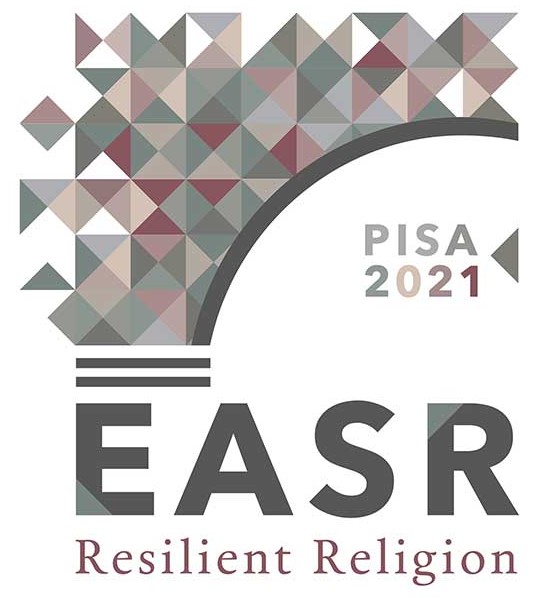
Ruth Illman
is the Director of the Donner Institute for Research in Religion and Culture in Åbo/Turku, Finland. She holds the title of Docent in the study or religions at Åbo Akademi University and in the history of religions at Uppsala University, as well as doctoral degrees in both the study of religion (2004) and Jewish studies (2018). Her main research interests include contemporary Judaism, interreligious dialogue, religion and the arts (especially music) as well as ethnographic research methodologies. Among her latest publications are the article “Knowing, Being, and Doing Religion: Introducing an Analytical Model for Researching Vernacular Religion” in Temenos. Nordic Journal of Comparative Religion (Vol. 56/2, 2020) and the books Music and Religious Change among Progressive Jews in London. Being Liberal and Doing Traditional (Lexington, 2018) and Theology and the Arts. Engaging Faith (Routledge 2013/2016) co-authored with W. Alan Smith. Since 2016, she is the editor of the scholarly journal Nordisk judaistik / Scandinavian Jewish Studies, currently together with Dr. Svante Lundgren of Lund University, Sweden. She is also the director of the research project Boundaries of Jewish Identities in Contemporary Finland. At DI, she has pioneered responsible open access publishing within her field. Website: https://research.abo.fi/en/persons/ruth-illman
Varieties of Vernacular Jewishness. Ethnographic Research in Nordic Contexts
In recent years, several analytical approaches to the study of religion in everyday life have developed with the shared aim to capture religion as a complex, contextual, and changing component of life. This study of tangible human beings with emotions, bodies, thoughts, and mundane worries is also increasingly related to the larger social, historical, and institutional structures that set the conditions for and shape personal religious trajectories, paying attention to power relations and the physical milieu. This keynote seeks to contribute to this ongoing conceptual conversation by tapping into one of its strands: vernacular religion, which offers one way to account for ethnographies of everyday life. What is the unique contribution of vernacular religion to the study of religions? Is it distinguished from other similar analytical approaches, such as lived religion? Do they offer complementary or contrasting epistemologies?
The vernacular framework has attracted growing interest in recent years, e.g. in research on Indigenous and Pagan groups, alternative spiritualities, Muslim, and Christian communities, but it has not been applied to Jewish contexts to any greater extent, especially not outside of the dominating geographic contexts North America and Israel. Nordic Jews exist in the periphery of the Jewish Diaspora: a numerically small group, whose vernacular experiences represent an understudied area. To fill this lacuna in current scholarship, the lecture discusses several ongoing research projects seeking to map and understand Jewish life in the Nordic countries today; societies that are highly secular yet bear strong imprints of the historical and cultural domination of Lutheran Christianity and that today develop towards a steadily increasing cultural and religious diversity.
This ethnographic landscape is far from monolithic: it is colourful and changing, formed by an abundance of trivial and monumental choices relating to everyday life, dependent not solely on religious or ethical judgement but also economic and social circumstances, habits and chance. The ethnographies illustrate how differently the dynamics of vernacular Jewishness play out in different life narratives, formed by varying relationships between self-motivated modes of religiosity and institutional structures, influences from secular sources, various cultures and worldviews. The lecture concludes with a discussion of how the interlinking of these datasets can offer new openings for comparative research and how vernacular religion can be applied as a framework for structuring and elucidating contemporary ethnographies in general, mirroring a world of rapid cultural and religious change.
